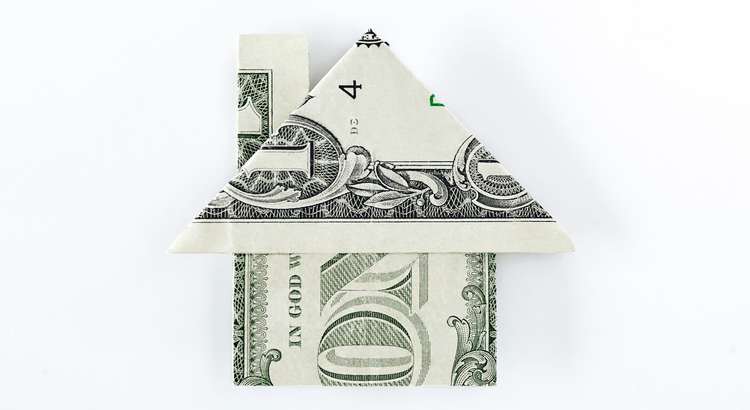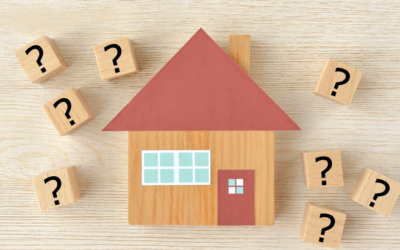
“Here’s some helpful information on what those costs are and how much you should budget for them.”
Before making the decision to buy a home, it’s important to plan for all the costs you’ll be responsible for. While you’re busy saving for the down payment, don’t forget you’ll want to prep for closing costs too.
Here’s some helpful information on what those costs are and how much you should budget for them.
What Are Closing Costs?
A recent article from Bankrate explains:
“Closing costs are the fees and expenses you must pay before becoming the legal owner of a house, condo or townhome . . . Closing costs vary depending on the purchase price of the home and how it’s being financed . . .”
Simply put, your closing costs are the additional fees and payments you have to make at closing. According to Freddie Mac, while they can vary by location and situation, closing costs typically include:
- Government recording costs
- Appraisal fees
- Credit report fees
- Lender origination fees
- Title services
- Tax service fees
- Survey fees
- Attorney fees
- Underwriting Fees
How Much Are Closing Costs?
According to the same Freddie Mac article mentioned above, they’re typically between 2% and 5% of the total purchase price of your home. With that in mind, here’s how you can get an idea of what you’ll need to budget.
Let’s say you find a home you want to purchase at today’s median price of $384,500. Based on the 2-5% Freddie Mac estimate, your closing fees could be between roughly $7,690 and $19,225.
But keep in mind, if you’re in the market for a home above or below this price range, your closing costs will be higher or lower.
Make Sure You’re Prepared To Close
Freddie Mac provides great advice for homebuyers, saying:
“As you start your homebuying journey, take the time to get a sense of all costs involved – from your down payment to closing costs.”
The best way to do that is by partnering with a team of trusted real estate professionals. That gives you a group of experts to help you understand how much you’ll need to save and what you’ll want to be prepped for. It also means you have go-to resources for any questions that pop up along the way.
Bottom Line
Planning for the fees and payments you’ll need to cover when you’re closing on your home is important. Partnering with a local real estate professional can give you the guidance and confidence you need throughout the process.
To view original article, visit Keeping Current Matters.
The Benefits of Downsizing When You Retire
When you downsize your house, you often end up downsizing the bills that come with it, like energy costs, and maintenance requirements.
Why There Won’t Be a Recession That Tanks the Housing Market
The fundamentals of the economy, despite some hiccups, are doing pretty good.
What To Know About Credit Scores Before Buying a Home
Working with a trusted lender is the best way to get more information on how your credit score could factor into your home loan.
Why You Want an Agent’s Advice for Your Move
A real estate advisor can anticipate what could happen next and work with you to put together a solid plan.
Why Today’s Housing Supply Is a Sweet Spot for Sellers
The number of homes for sale and new listing activity continues to improve compared to last year.
The Truth About Down Payments
Unless specified by your loan type or lender, it’s typically not required to put 20% down. That means you could be closer to your homebuying dream than you realize.







.jpg )



